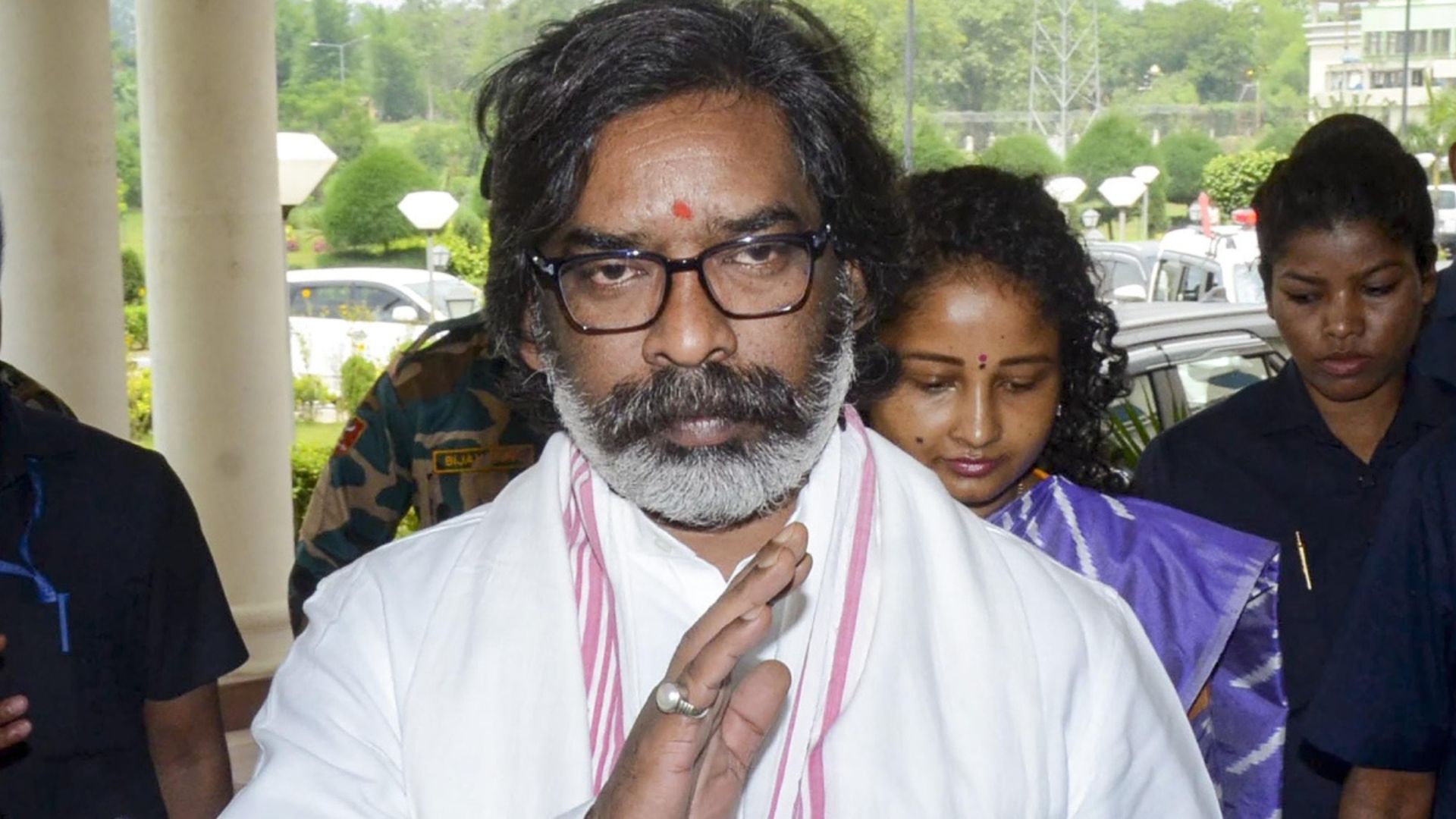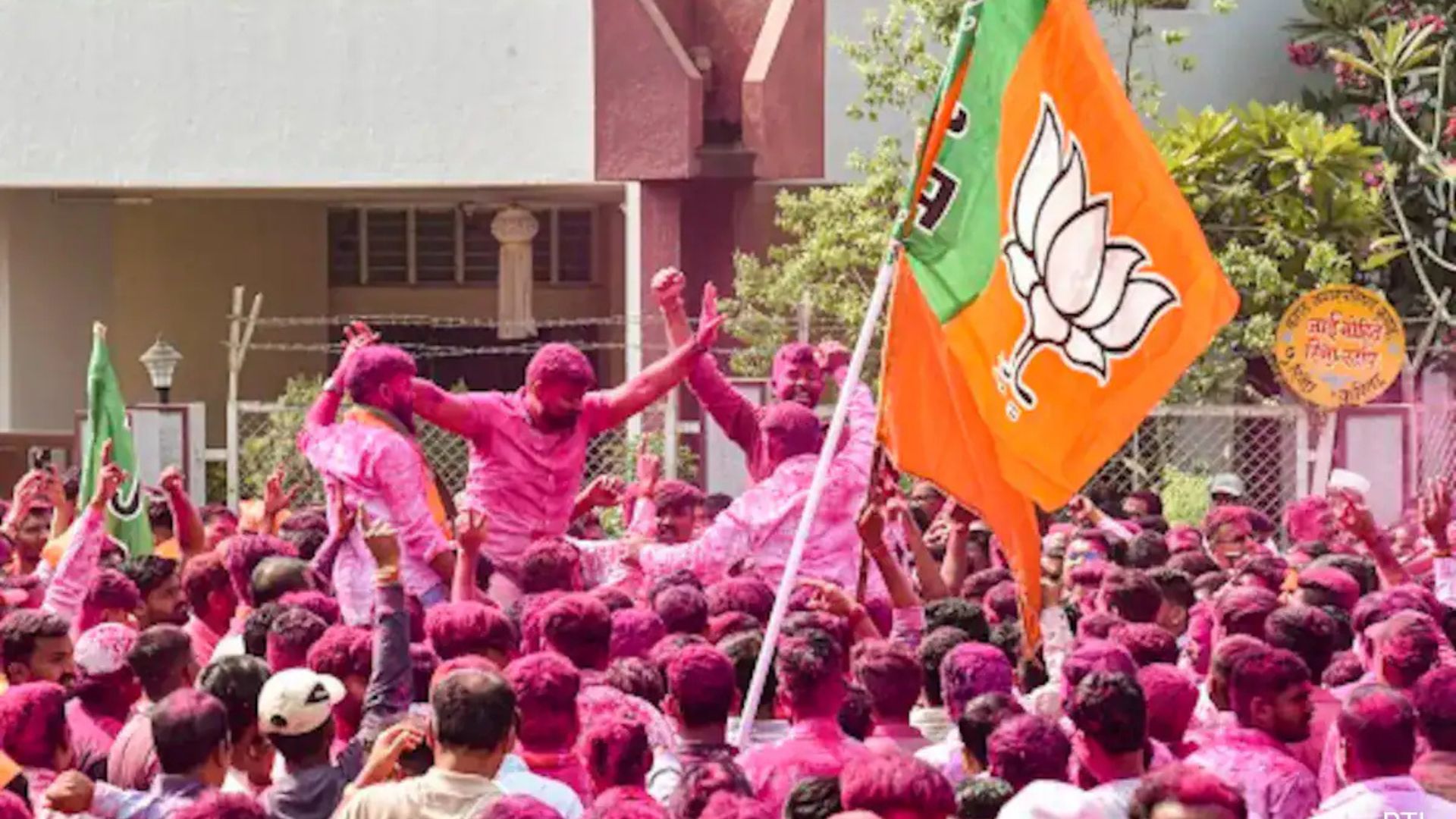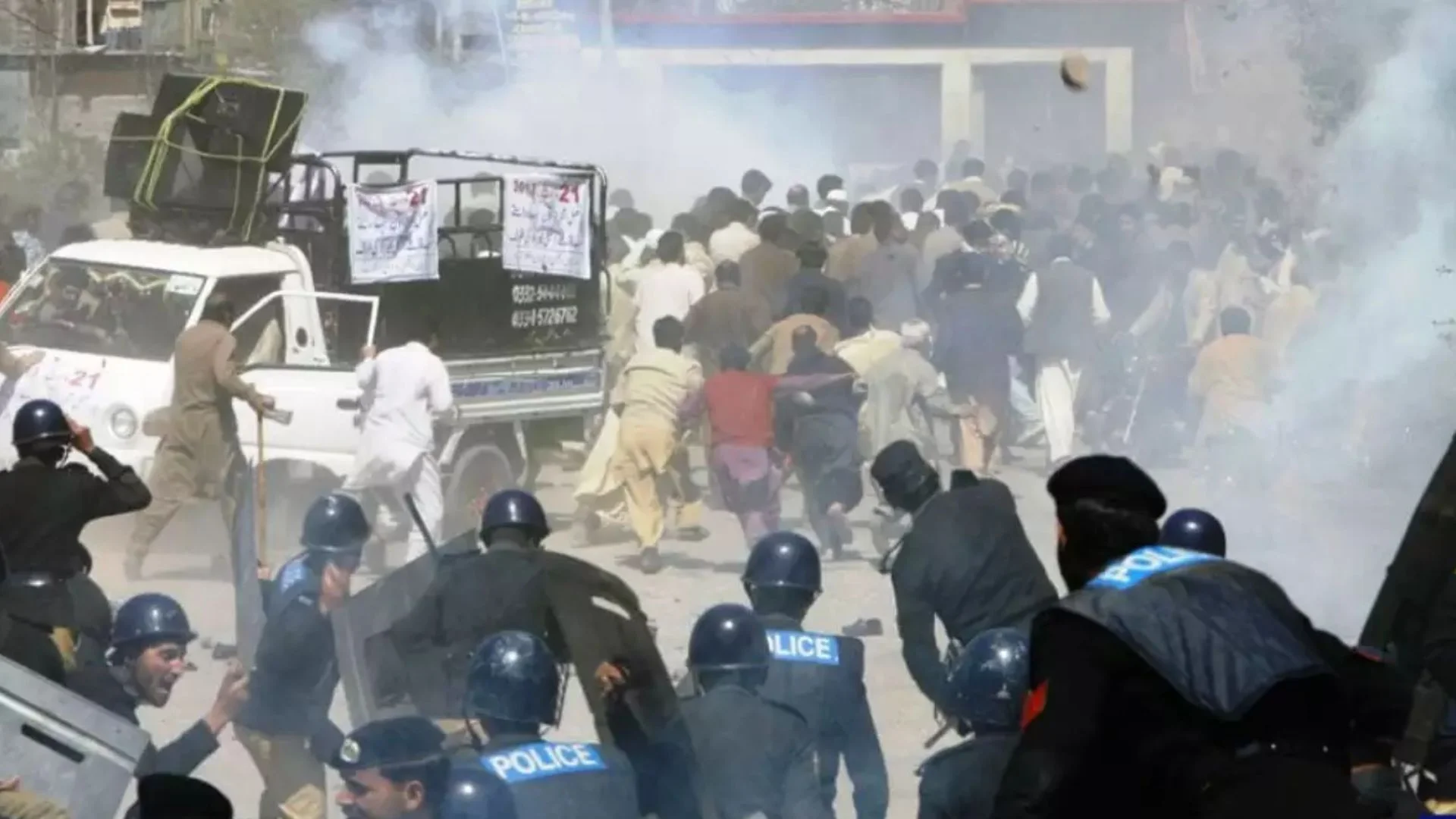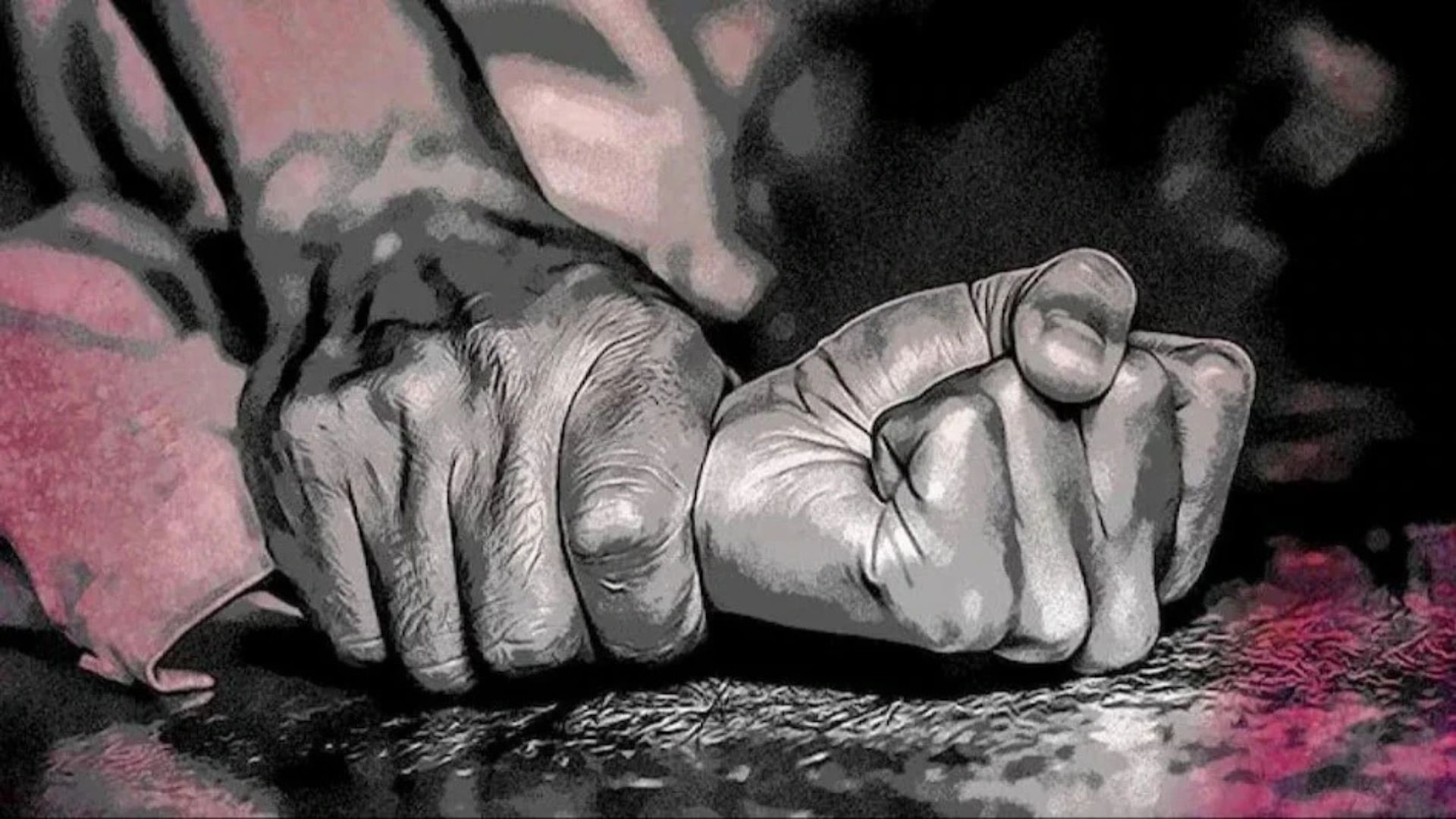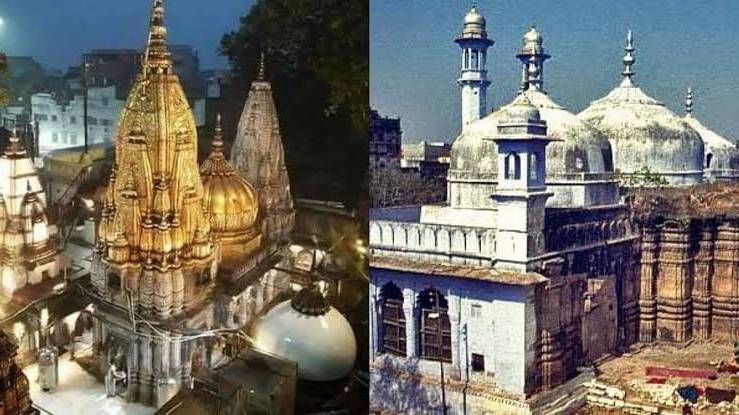
Millions of Hindu devotees are gazing on the Allahabad High Court whether the ASI survey will resume or they will have to wait longer. Earlier, the Allahabad High Court said last Thursday that the verdict on the scientific survey of Gyanvapi would be pronounced on August 3. Now that August 3 has come, Hindu devotees, living in the country and abroad, are looking towards the Allahabad High Court with gazing gaze. The petition was filed in the Allahabad High Court by the Muslim side after a Varanasi court allowed the ASI to conduct the survey, leaving the area sealed, with a deadline of August 4 to submit the report.
During the hearing, the matter related to the scientific survey of Gyanvapi Masjid in Varanasi was discussed in detail. During the hearing, the ASI assured the bench that the survey would be completed by August 4 without causing any dam age to the Gyanvapi complex. Justice Pritinkar Diwakar, chief justice of the Allahabad High Court, inquired about the history of the temple, and the Hindu side pointed out that the new temple was built by Ahilyabai Holkar after Aurangzeb demolished the old temple to build a mosque.
The Muslim side argued that the Hindu side’s plea for the survey was premature, and that they should collect all the evidence before ordering such a survey. He also expressed concern over the number of lawsuits he is facing in Varanasi related to the Gyanvapi issue.
Responding to the concerns of the Muslim side, the Chief Justice asked if there was any direction for the further progress of the trial, to which the Muslim side replied that there was no specific direction as of now.
One of the lawyers representing the Hindu side argued that the ASI survey was necessary as the Anjuman Intejamia Masjid Committee had claimed that the disputed structure was a product of imagination and had no relation to the ground reality. He said the mosque was exclusively occupied by Muslims since its inception.
Overall, the court hearing revolved around the ASI survey of the Gyanvapi mosque, with the Muslim side expressing dissent and the Hindu side defending the need for the survey on the basis of historical claims and controversies surrounding the site.

